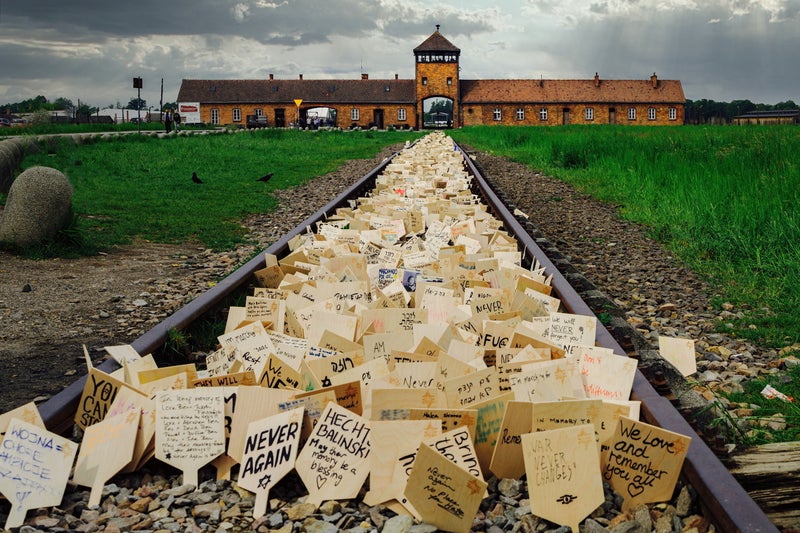Exclusive: State-run Northern Rail has cancelled an average of 142 trains per day so far this year. Two weeks ahead of the next fares rise, millions of rail passengers are enduring miserable journeys. A combination of toxic industrial relations, widespread infrastructure failures and repeated line closures could undermine travellers’ trust in the railway. The deterioration in service is despite public subsidies being at an all-time high, with taxpayers pumping £400 per second into the railway – an annual total of £12.5bn.
![[Red alert: Cancellations by the 10 biggest train operators]](https://static.independent.co.uk/2025/02/14/18/13/TNeVq-10-busiest-operators-cancelled-150-257-trains-from-jan-sep-2024.png)
The UK’s busiest rail route – the Elizabeth line through the heart of London – is closed all weekend for engineering work. Later this month a series of train drivers’ strikes will begin on the line, causing chaos for commuters and visitors to the capital. The drivers, who are members of the Aslef union, have emphatically rejected a 4.5 per cent pay offer that would have taken their annual wages to £75,725 for a four-day week.
Mick Whelan, Aslef’s general secretary, accused the employers of failing to “recognise the input, the importance and the value of train drivers”. The Elizabeth line is expected to be largely shut down during the walkouts on 27 February and 1, 8 and 10 March. On Fridays and Saturdays from 7 March to 26 April, train drivers working for Hull Trains will strike. Aslef says the rail firm, which links Hull with Doncaster, Grantham and London, “unfairly sacked a train driver who raised a safety concern”.
The shadow transport secretary, Gareth Bacon MP, said: “When Labour kowtow to trade union barons, it’s the public who are left feeling the effects. "This weak Labour government cannot negotiate its way out of a paper bag, bowing to union demands time and time again, and now look at the consequences.". Planned strikes each Sunday by train managers employed by Avanti West Coast have been suspended up to 2 March. The decision by the RMT union will ease some of the strain in the north-south network over the next few weekends.
Every Saturday and Sunday up to 16 March, the East Coast main line close between Newcastle and York for track improvements, bridge works and Darlington station upgrade work. Rail replacement buses will connect the two cities, and some trains will be diverted via the County Durham coast – adding at least an hour to Edinburgh-London journeys. While the Network Rail project is intended to improve the reliability of services, repeated infrastructure failures are disrupting journeys across the country.
On Friday, a signalling problem at London Blackfriars – at the heart of the Thameslink network – caused wholesale cancellations throughout the day. Of the trains that did run, some were up to an hour late. The route between Cambridge and Brighton was suspended, and many trains to Luton and Gatwick airports were cancelled. Earlier in the week, airport services to Stansted and Heathrow were disrupted by overhead wire problems and defective track respectively.
In the latest quarter for which figures are available, to 30 September 2024, passenger train delay minutes attributed to Network Rail in Great Britain increased by one-fifth compared with the same spell the previous year. Analysis by The Independent of Office of Rail and Road figures shows more than 100,000 trains were cancelled during July, August and September. Of the trains that ran, one in three arrived late.
A spokesperson for the Department for Transport (DfT) said: “We inherited a broken railway system. It will take time, but we are determined to set up Great British Railways and return our trains to the service of passengers. “Our flagship Public Ownership Bill means we can begin to take back control of our railways and we are committed to reforming the overcomplicated fares system and expanding ticketing innovations like pay-as-you-go in urban areas across the country.
“Our number one priority is to provide passengers with the reliable, accessible, and more affordable services they deserve.”. While the government is promising improvement as train operators are brought back into public ownership, state-run Northern Rail cancelled 142 trains a day on average in the four weeks to 1 February. Of the services that did run, close to half arrived late. The train operator is telling passengers: “Recently, our performance and reliability have not been up to scratch and for that we are sorry.
“We are very actively managing higher levels of staff sickness. On Sundays, which rely on crews volunteering to work additional hours, we have seen a reduction in train crew making themselves available on parts of the network. In addition, the ongoing industrial relations issues have their own impact.”. While performance deteriorates, ticket prices are rising. On 2 March, “regulated” rail fares in England will go up by 4.6 per cent, significantly above the current rate of inflation of 3.5 per cent.

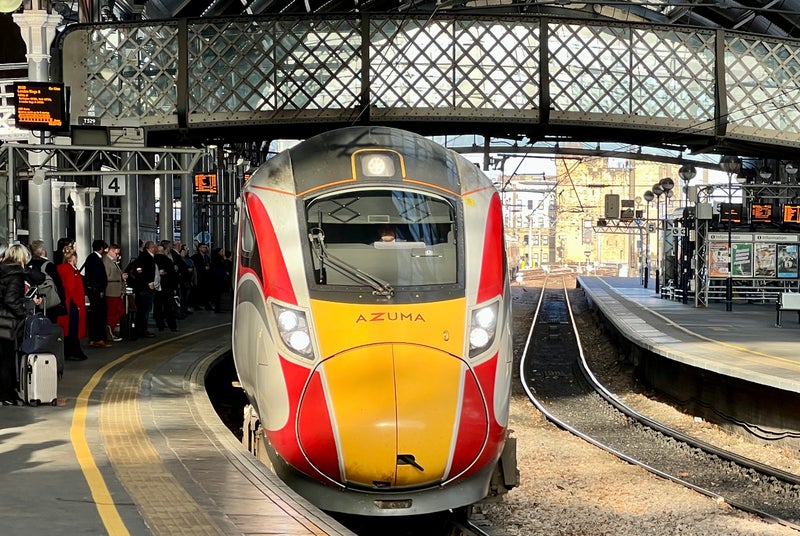

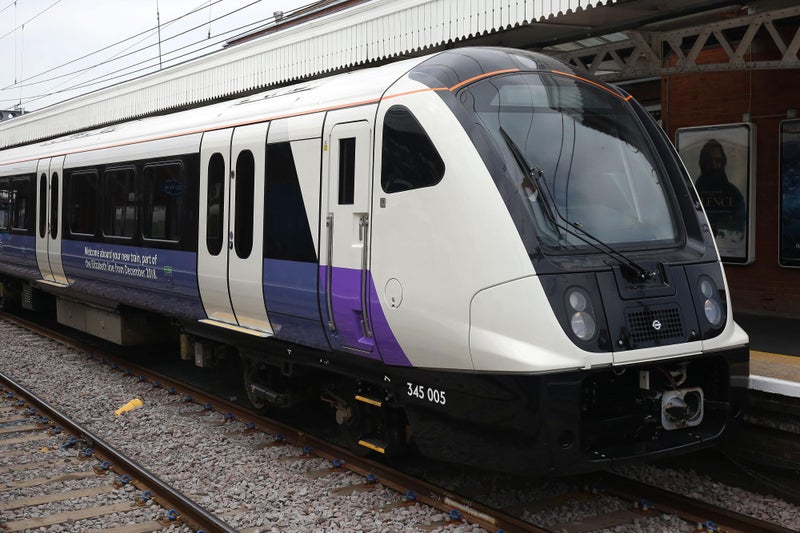
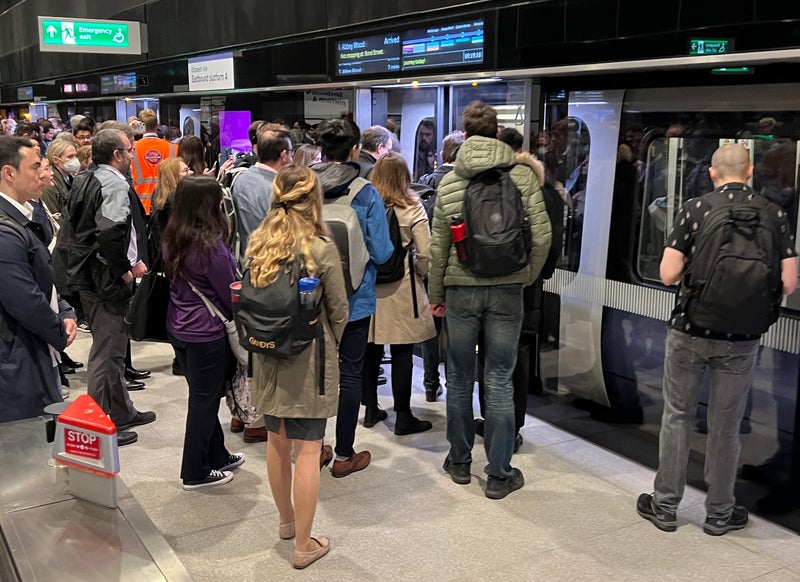












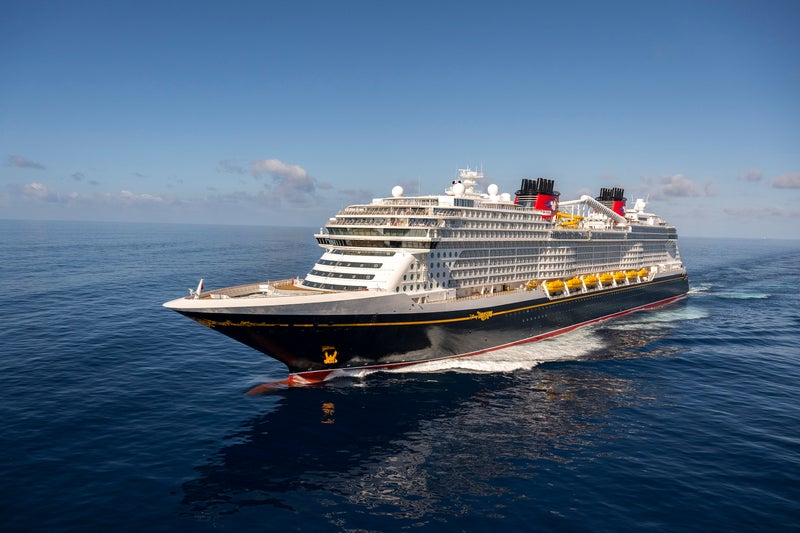







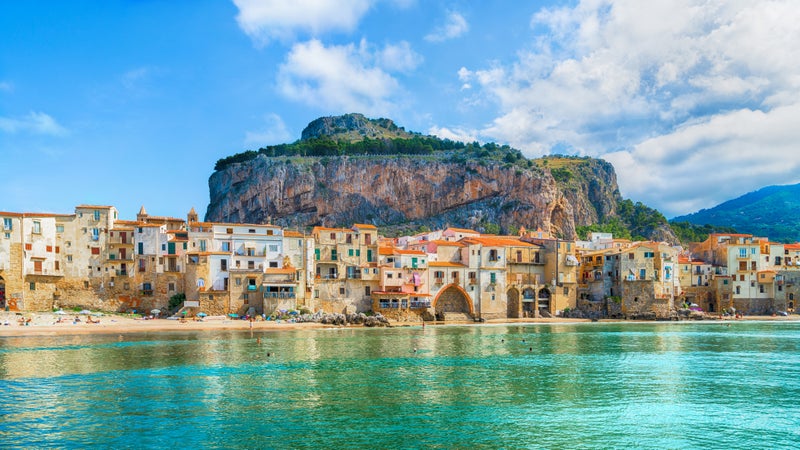
.jpg?auto=webp&width=800)



